Movies are definitely back, baby. The question remains as to whether they will hang around.
This has been a lucrative summer for theatres. Powered largely by Barbie and Oppenheimer, the summer box office crossed the $4bn mark for the first time since the pandemic. Perhaps most impressively, that figure is only 5.3% behind the total for the summer of 2019. The opening weekend of Barbie and Oppenheimer was the fourth biggest box office weekend of all time, behind only the release weekends of Avengers: Endgame, Avengers: Infinity War and The Force Awakens.
Last week, Barbie passed The Super Mario Bros. Movie to become the highest-grossing movie of the year. It is the highest-grossing domestic release from Warner Bros., surpassing The Dark Knight. It is also the highest-grossing movie to be directed by a solo female filmmaker. Meanwhile, Oppenheimer has franchise blockbusters like Fast X, Spider-Man: Across the Spider-Verse and The Little Mermaid. It is the fifth highest-grossing R-rated movie and the fifth highest-grossing movie in IMAX of all-time.
This cinematic double-header has reignited moviegoers’ passions around the world. The opening weekend of Barbie and Oppenheimer was the biggest weekend ever for the British and Irish box office. Barbie is the biggest movie of all-time Ireland, while Oppenheimer is the second biggest movie of the year. According to producer Siddharth Roy Kapur, Oppenheimer rekindled Indian audiences’ enthusiasm for drama, which was increasingly seen as “a streaming genre” in the country.
This is the most important aspect of the joint success of Barbie and Oppenheimer. In a summer where audiences have proven reluctant to come out to see big franchise films like Ant-Man and the Wasp: Quantumania or Blue Beetle, the twin release of Barbie and Oppenheimer turned moviegoing into an event. The twin release was a celebration of going to the cinema and experiencing two very different films that were both carefully crafted and lovingly made.

This is a remarkable turnaround. Cinemas have just emerged from a global pandemic that threatened to completely destroy the industry. “Absent a solution designed for their circumstances, theaters may not survive the impact of the pandemic,” the National Association of Theatre Owners wrote in September 2020. In January 2021, AMC narrowly avoided bankruptcy thanks to an influx of cash from investors. Cineworld filed for bankruptcy in September 2022.
While studios rushed to take advantage of the closure of cinemas during the pandemic by sending titles like Trolls World Tour directly to streaming, recent years have demonstrated that streaming is not a sustainable business model for these companies. As reluctant as they might be to admit it, the studios need cinemas. If nothing else, even a failed theatrical release greatly enhances the value of a movie on one of these streaming services.
Barbie and Oppenheimer were not the first hits of the post-pandemic era. Over the past three years, three other movies have crossed the billion-dollar mark: Spider-Man: No Way Home, Top Gun: Maverick and Avatar: The Way of Water. However, these were exceptional movies. The success of Barbie and Oppenheimer wasn’t just the triumph of both films individually, but of movies in general. Even their second weekend broke the all-time box office record for the last weekend in July.
During the pandemic, there was a legitimate concern that audiences might simply get out of the habit of going to the movie theatres. In May 2022, French audiences cited “loss of habit” for their reluctance to return to cinemas. Data suggests that audiences are more likely to coaxed back into regular attendance by smaller films than by blockbusters. As such, it seems logical that studios would want to retain the momentum generated by the success of Barbie and Oppenheimer.
However, it seems like these studios haven’t learned the right lessons. Instead of actually engaging with what made the twin release so successful, studios and journalists have just latched on to any two movies that happen to share a release date. While whatever is going on with the Saw Twitter account is fun, Saw Patrol (that’s Saw and Paw Patrol) is unlikely to recapture the magic any more than Killers of the Foe-wer Moon (that’s Killers of the Flower Moon and Foe).
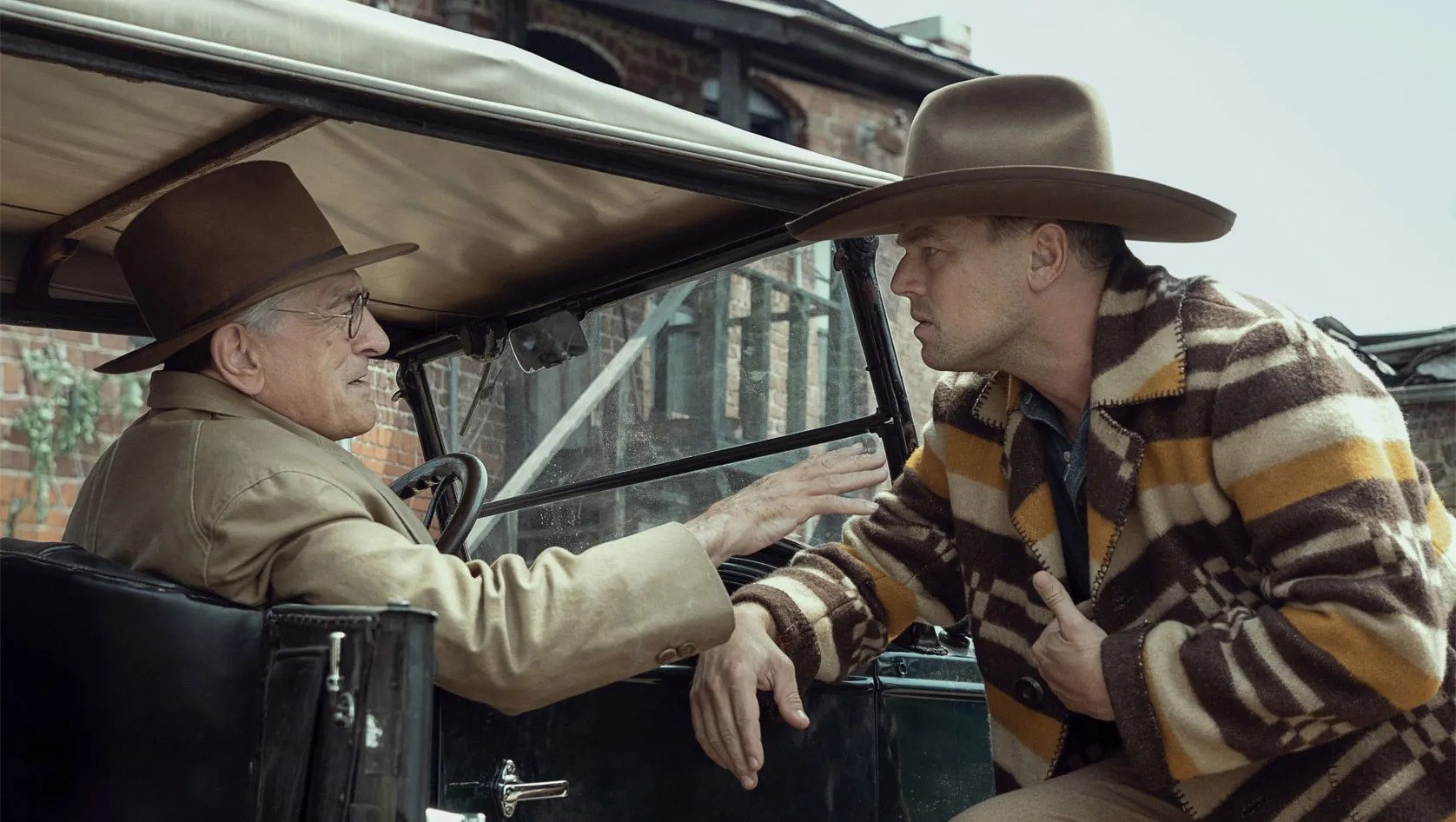
Ultimately, the success of Barbie and Oppenheimer demonstrates audiences want to see movies in theatres. They want the cinematic experience. They want features that justify the cost and the effort of going out, which reward their time and their attention. The recent underperformance of films like Black Adam, Shazam! Fury of the Gods, Quantumania, The Flash and Blue Beetle suggests that the long-whispered “superhero fatigue” may be in effect. Viewers need a reason to go to the cinema.
It is also worth acknowledging that Barbie and Oppenheimer succeeded because they were budgeted responsibly. Some of the summer’s highest-grossing movies, including Fast X, The Little Mermaid, Indiana Jones and the Dial of Destiny and Mission: Impossible – Dead Reckoning, Part One may fail to break even for the studios because they cost so much money. In contrast, Barbie and Oppenheimer would have been solid hits if they had only made half as much money as they have earned so far.
As much as the success of Barbie will inevitably lead to an entire shared universe built around a line of Mattel-branded movies, the lesson should be for studios to trust filmmakers who have strong creative visions and unique perspectives. It should be a rejection of the aesthetic of “content soup” and the foggy computer-generated third acts that define so many modern movies. If Hollywood can consistently and reliably put movies that are worth seeing in cinemas, audiences will turn out.
This is one more course of frustration concerning the conduct of the studios during the ongoing industrial unrest in Hollywood. Over the summer, the studios were reluctant to engage with the Writers Guild of America or the Screen Actors Guild. They reportedly planned to starve the writers out. They recently reentered negotiations, but the results have not been promising. According to the writers, the most recent round of negotiations was just “a lecture.”
This is going to have very serious consequences in terms of release and distribution. Writers are obviously not writing new material for any projects in production, while actors are not available to promote finished films. The studios have begun shifting around release dates, pushing out scheduled releases like Captain America: Brave New World, Kraven the Hunter, Challengers, Poor Things and Dune: Part Two. It seems unlikely that these will be the only major movies affected.
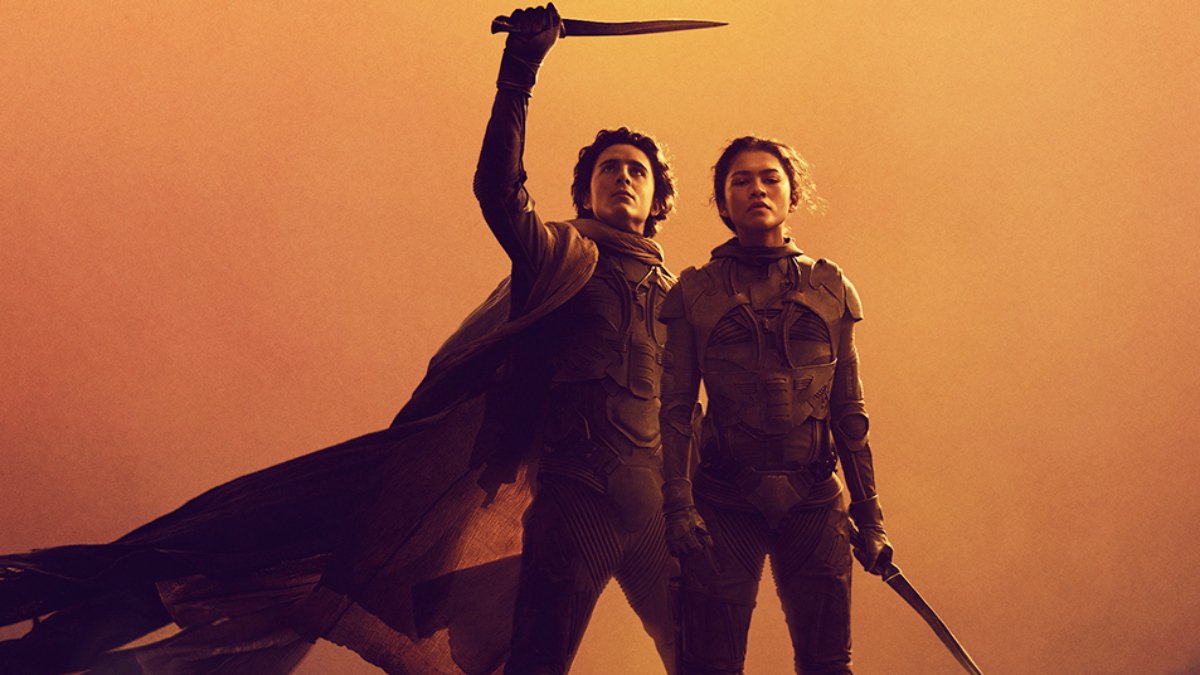
The studios may be using the strike as an opportunity for some major strategic re-thinks. Amazon recently “unrenewed” The Periphery and A League of Their Own. Not all halted projects will pick up where they left off, as demonstrated by Justice League Mortal during the 2008 Writers’ Strike. This may be why director Joachim Rønning was so vocal about the strike’s disruption of the production for Tron: Ares; it seems entirely possible that Disney could decide to write off the film.
There may also be more fundamental shifts taking place. Some of Hollywood’s most lucrative long-term deals – like those enjoyed by Shonda Rhimes, Ryan Murphy and JJ Abrams – have force majeure clauses that would allow studios to terminate creative partnerships without paying a penalty during a long-running strike. To put it simply, the longer Hollywood remains shutdown, the longer it will take to get it started again. That means losing the momentum created by Barbie and Oppenheimer.
Tellingly, the studios that are least concerned by the strike are the streaming services that have so aggressively eaten into the traditional distribution and release model. In terms of awards season, there is no sign that Apple plans to delay The Killers of the Flower Moon or that Netflix will postpone Maestro. Those movies will only go to theatres for limited awards-qualifying runs, and so won’t sustain the industry. In terms of production, Netflix can take advantage of its global infrastructure, particularly in regions like South Korea, to get around the Hollywood strikes.
Theatres barely survived the disruption of the global pandemic. Part of the thrill of the Barbie and Oppenheimer phenomenon was the celebration of that survival. Despite those pandemic closures and despite the inroads made by streaming services into the industry, audiences still want to see movies in cinemas. Viewers are just getting back into the habit. If studios learned anything over the past few years, it is that they are still dependent on the old theatrical distribution model.
The success of Barbie and Oppenheimer was a once-in-a-generation alignment of factors that convinced audiences that good movies deserve to be seen in theatres. The only way to capitalize on that is to put good movies in theatres. The decision to cut off the supply of movies to cinemas by extending the strike unnecessarily seems reckless. It is self-destructive. If nothing else, it proves the enduring wisdom of William Goldman’s maxim about the industry: “Nobody knows anything.”

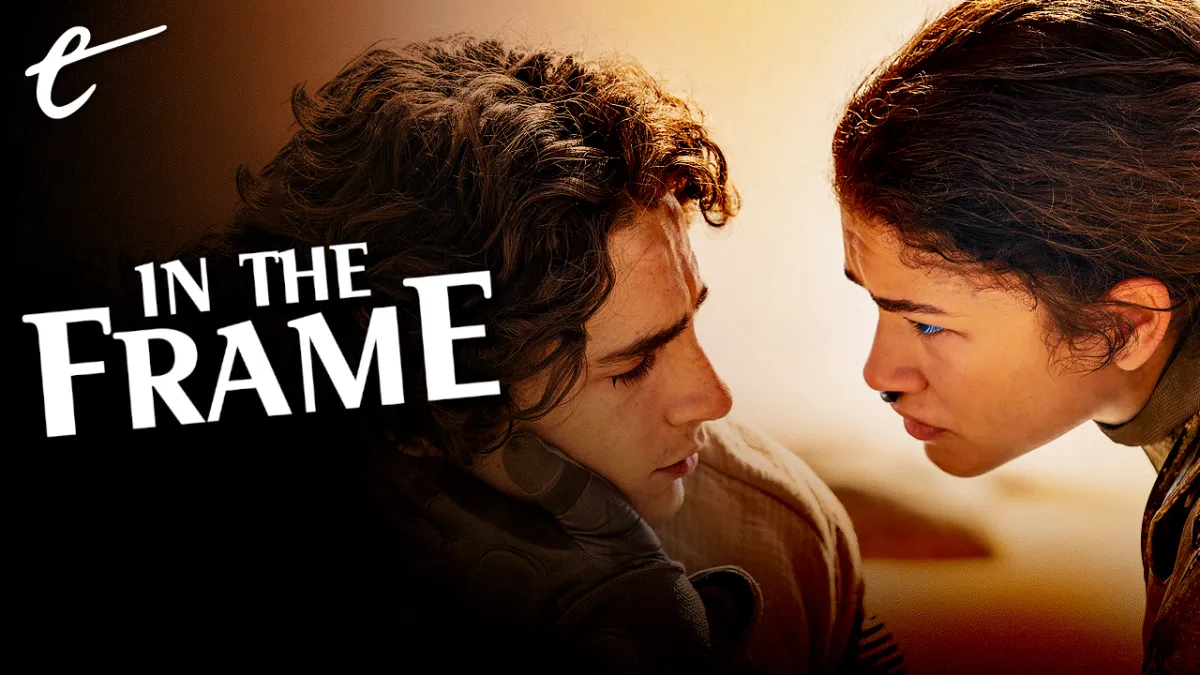
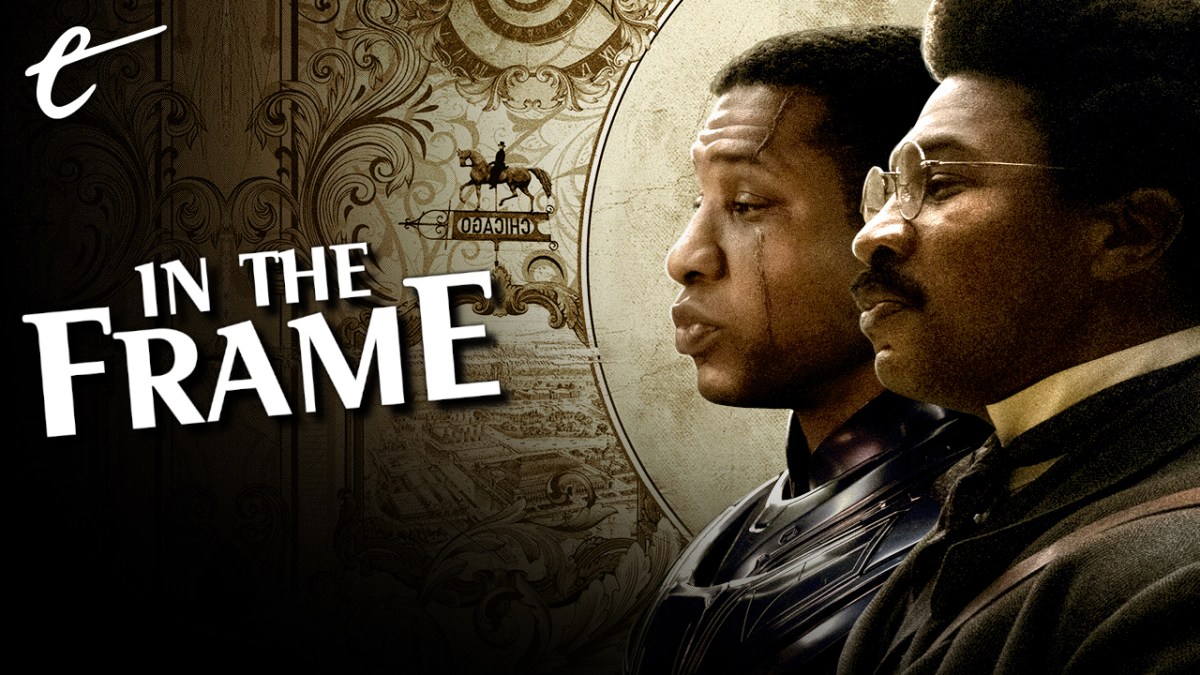

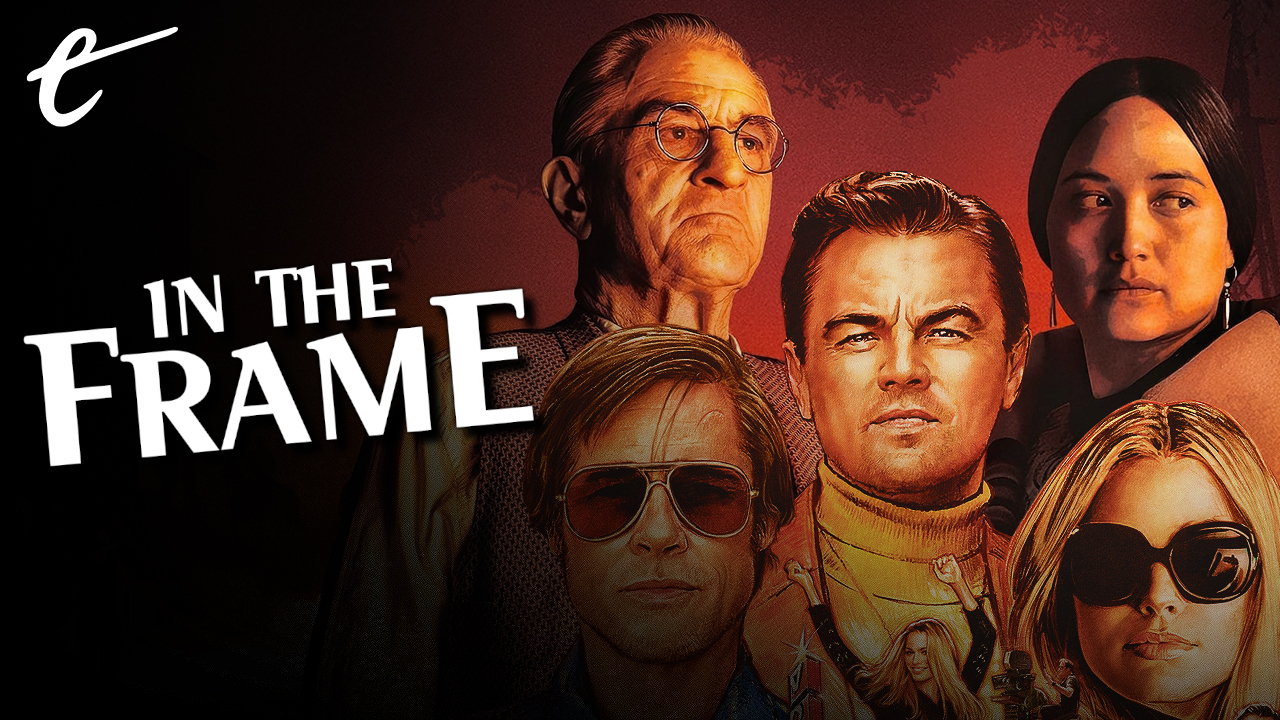

Published: Aug 28, 2023 11:00 am